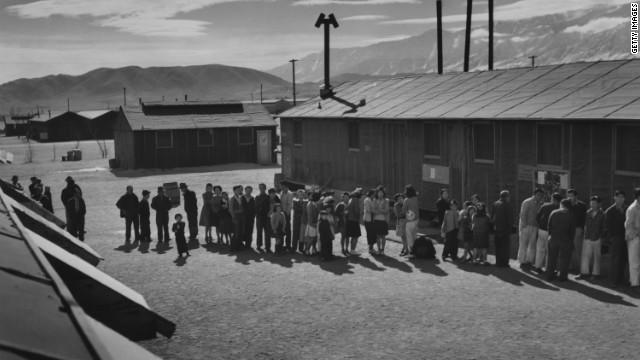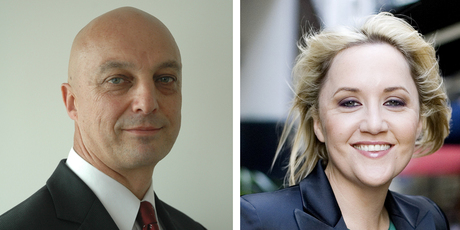By Mark O’Brien
Impunity Watch Reporter, North America
HAVANA, Cuba — A Cuban human rights organization reported Thursday that the Cuban government arrested more than 400 people for political reasons during the month of May.

The opposition Cuban Commission on Human Rights and National Reconciliation said there were at least 423 arbitrary arrests last month, part of what it calls a “disturbing” trend.
“The Cuban government has among the highest number of prisoners per 100,000 inhabitants in the world,” said activist-leader Elizardo Sanchez in the commission’s monthly report, according to Fox News Latino.
The report came less than a day after police released Cuban opposition leader Jorge Luis García Pérez amid U.S. demands for his release.
Many dissidents believe Cuban authorities arrested García Pérez because of his testimony to a U.S. Senate subcommittee about recent harassment of oppositionists in Cuba. Police arrested García Pérez within 48 hours of his testimony, which happened via teleconference from the U.S. Interests Section in Havana.
Reports quickly surfaced that García Pérez was beaten by Cuban authorities. According to the Wall Street Journal, “An activist who was with (García Pérez) at the jail said that police pumped pepper spray into his mouth until he lost consciousness. He was later taken away to a detention center, and his wife was not allowed to see him for more than three days.”
Sen. John Kerry (D-Mass.) was among those denouncing the beating of García Pérez and accusing Cuba of retaliation.
“I want to be crystal clear that I strongly condemn any efforts to intimidate Mr. Perez or any other Cuban citizen into silence,” Kerry was quoted as saying in the Charlotte Observer. “I echo the calls of my Senate colleagues, demanding an end to repression in Cuba and urging international observers to conduct and investigation into his detention.”
The Miami Herald reports criticism has grown in recent days because President Raúl Castro has increased efforts to block opposition plans to honor political prisoners on Father’s Day this Sunday. The government has reportedly blocked cell phones of several dissidents so they cannot communicate with supporters or journalists.
“These actions highlight once again the repressive nature of the Cuban government,” said U.S. State Department spokeswoman Victoria Nuland, “particularly with regard to citizens who peacefully express opposite points of view.”
For the opposition Commission on Human Rights, however, they continue to speak out. The group also said Thursday that the government released data on Cuba’s prison population for the first time in 50 years. The official number of inmates stands at 57,337, but the commission estimates the total may reach 70,000.
Sanchez and his organization are calling on Cuba to open its jails to inspection by international organizations, including the Red Cross.
For further information, please see:
Fox News Latino — Commission Reports 423 Political Arrests in Cuba Last May — 14 June 2012
The Miami Herald — Speaking Truth to Cuba’s Despots — 14 June 2012
The Miami Herald — Cuban Opposition Leader Jorge Luis García Pérez Released by Police — 13 June 2012
The Wall Street Journal — Cuban Payback — 13 June 2012
The Charlotte Observer — Dissidents, US Denounce Cuba on Man’s Beating — 12 June 2012



